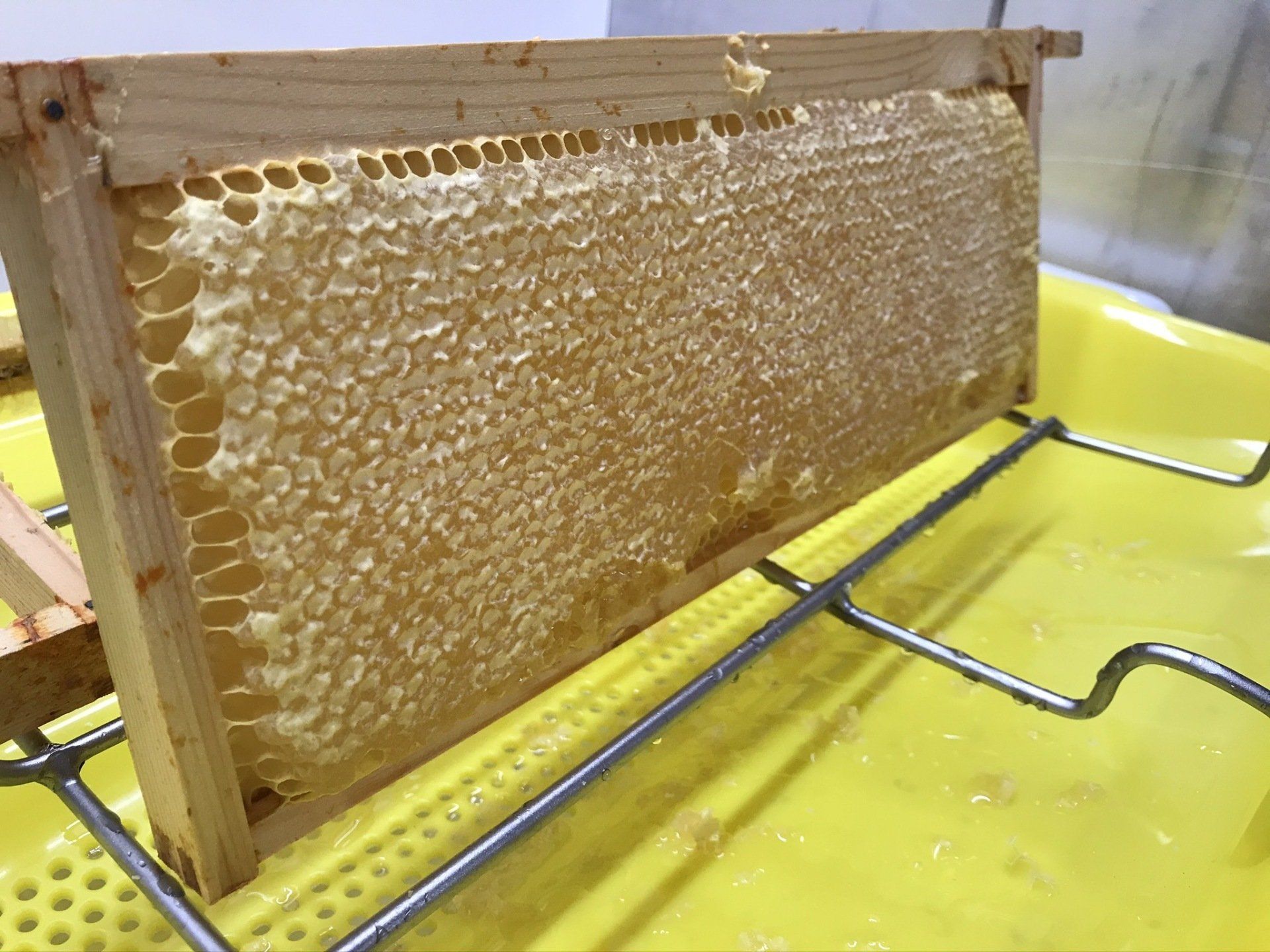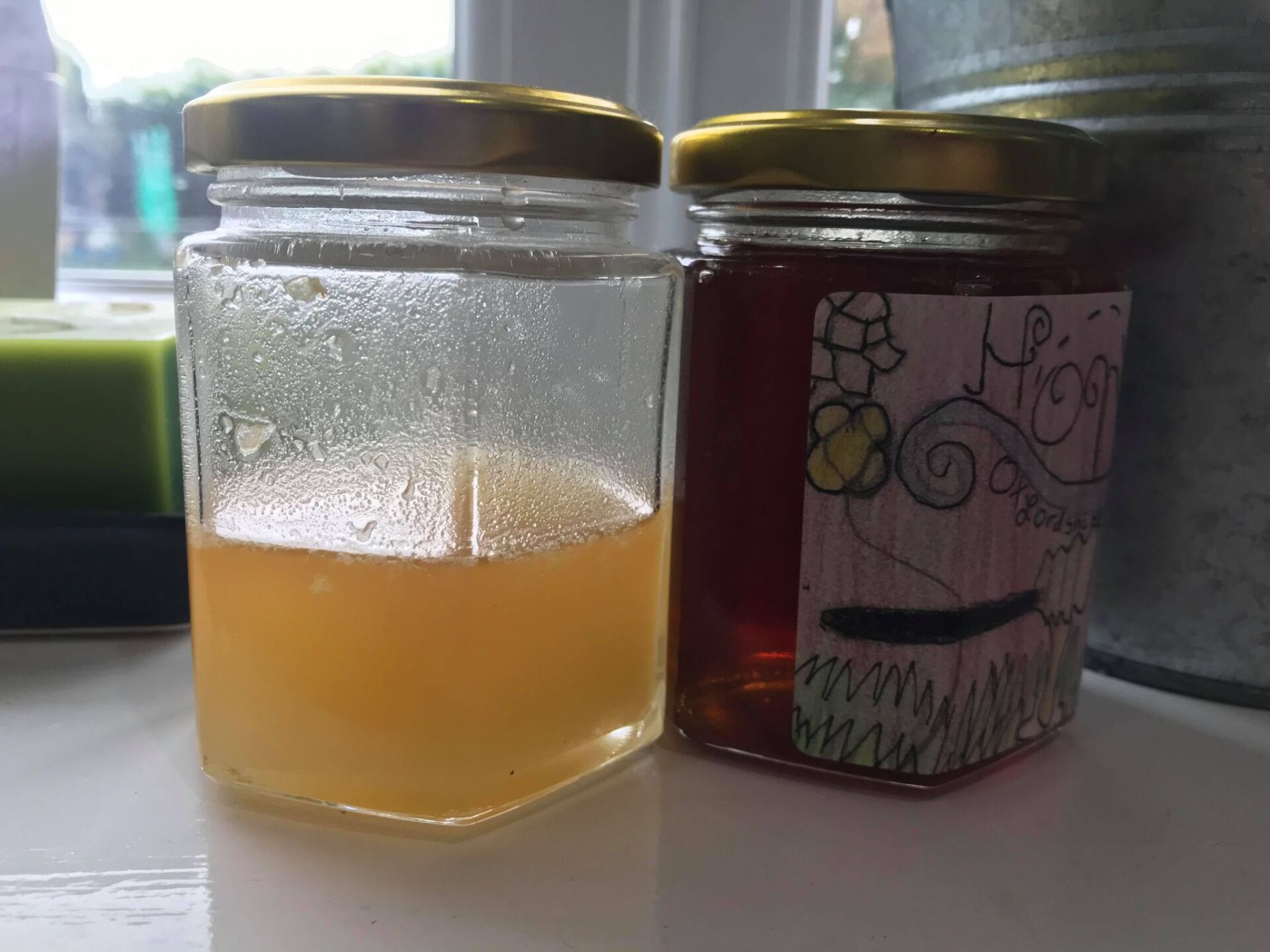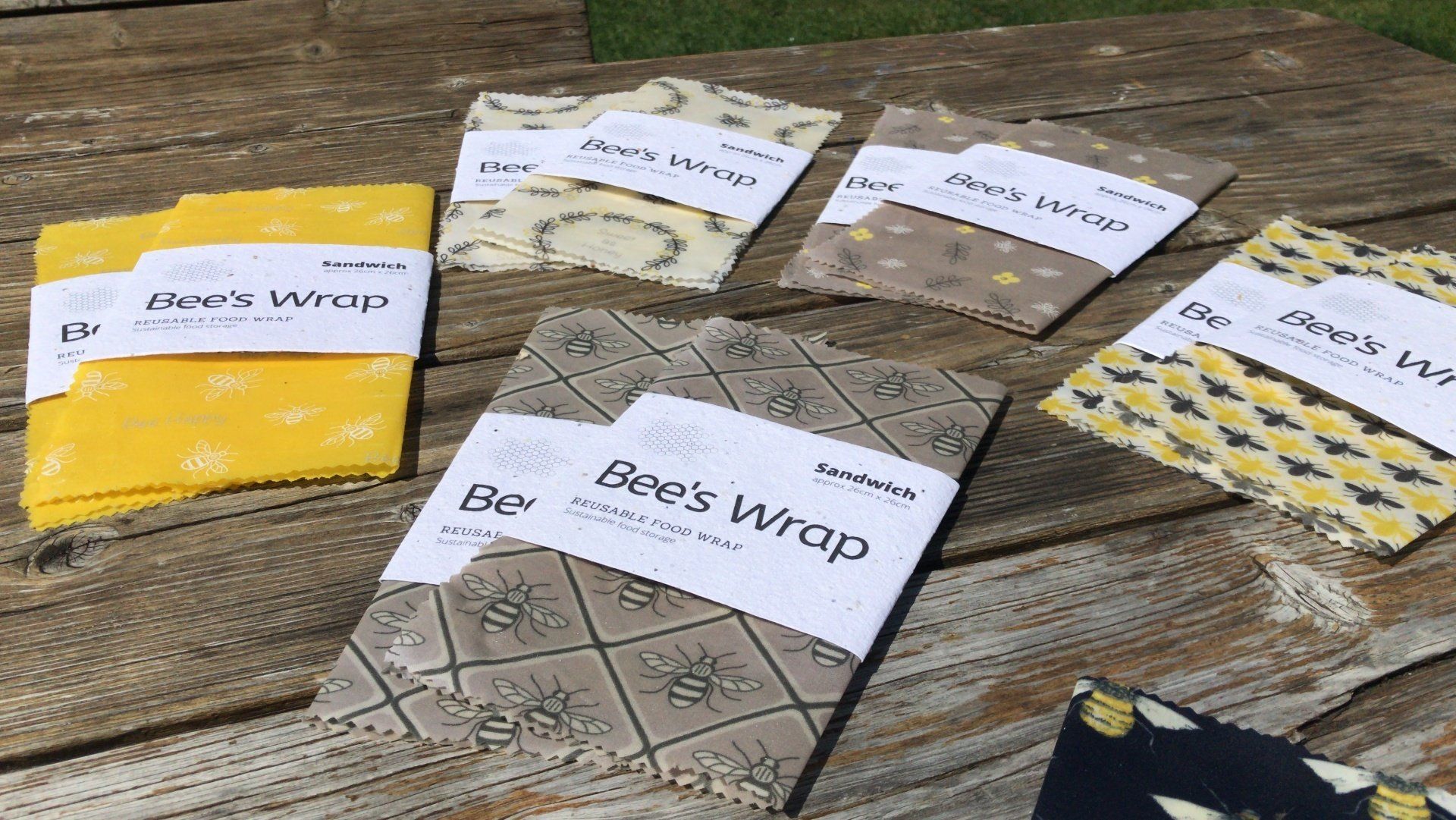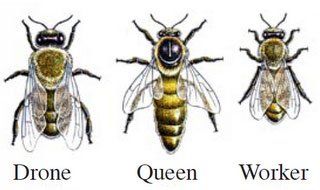Five health benefits of raw honey
Amy Belcher • 21 October 2020
Antioxidants, Antibacterial and anti-fungal, Healing wounds, Digestion and gut health, Sore throat

Five Raw Honey Health Benefits
Honey has been used as a remedy for centuries and has a variety of health benefits and medical uses. Many of these health benefits are specific to raw, or unpasteurized, honey i.e. not blended honey like almost all supermarket honey varieties. Most of the honey you find in supermarkets is pasteurized meaning it is heated to a very high temperature. The high heat kills unwanted yeast, can improve the color and texture, removes any crystallization, and extends the shelf life. Many of the beneficial nutrients are also destroyed in the process. I suggest you always read the label on your intended purchase so you understand exactly what it is you are buying. Trust local. Find a local beekeeper and that way you can be better assured that your honey has not been tampered with or ‘blended’ from multiple, sometimes untraceable worldwide sources.
Here are some health benefits raw honey has to offer:
1. A good source of antioxidants
Raw honey contains an array of plant chemicals that act as antioxidants and some types of honey have as many antioxidants as fruits and vegetables. Antioxidants help to protect your body from cell damage due to free radicals. “Free radicals contribute to the aging process and may also contribute to the development of chronic diseases such as cancer and heart disease. Research shows that antioxidant compounds in honey called polyphenols may play a role in preventing heart disease.”
Source website: PMC
2. Antibacterial and anti-fungal properties
Research has shown that raw honey can kill unwanted bacteria and fungus. It naturally contains hydrogen peroxide, an antiseptic. The effectiveness as an antibacterial or antifungal varies depending on the honey, but it’s clearly more than a ‘folk’ remedy for these kinds of infections.
3. Healing properties
Manuka honey is used in medical settings to treat wounds because it’s claimed to be an effective germ killer and also aids in tissue regeneration. Many studies show that Manuka honey can boost healing time and reduce infection. That said, it’s not a good idea to treat cuts with honey you buy from the supermarket. Again, some Manuka honey has been found to be blended with other honey or sugar syrup, and some has even been coloured with a fake tanning ingredient to make it look like the real thing. It’s even said that there’s more ‘Manuka’ honey on the market than it’s possible to create by bees foraging on the myrtle trees of New Zealand. So something is definitely amiss. If you intend to buy manuka for healing purposes, source it from a reputable retailer like Holland and Barrett where the manuka honey can be traced back to the hive it was extracted from in New Zealand.
4. Help for digestive issues
Honey is sometimes used to treat digestive issues such as diarrhea but there isn’t a lot of research to show that it works. However, it is proven to be effective as a treatment for Helicobacter pylori (H. pylori) bacteria, a common cause of stomach ulcers. And if you regularly take probiotics, you could consider a teaspoon of honey a day in place of the expensive shop bought varieties. Honey is a potent prebiotic, meaning it nourishes the good bacteria that live in the intestines, which are crucial not only for digestion but overall health.
5. Soothe a sore throat
Have a cold? Try a spoonful of honey. Honey is an ancient sore throat remedy. Add it to hot water with lemon when a cold hits you. It also works as a cough suppressant. Research suggests that honey is as effective as common over-the-counter cough medicine. Just take one or two teaspoonfuls, straight.
Are there any risks?
In addition to beneficial prebiotics and nutrients, raw honey can also carry harmful bacteria such as Clostridium botulinum. This is particularly dangerous for babies. Raw honey should never be given to an infant less than a year old.
Overview
Ridgeway Bees honey is 100% unpasteurised, pure and pesticide free and blooming delicious. The bees work hard all spring and summer to provide enough honey for themselves and if any surplus is made, I harvest and extract this for sale. All proceeds go straight back into funding the bees, looking after the apiary and building a safe environment to educate kids and adults about the amazing world of bees.
Based in Wantage, Oxfordshire, Ridgeway Bees forage the abundance of flora and fauna across the Ridgeway. If you would like to sample some honey I run a waiting list for honeycomb and runny honey so please drop me a message if you would like to be added to this list. I am able to post honeycomb and jars of runny nationwide.
Thanks for reading, please share if you can.
Amy the Ridgeway Bees x

Sugar, ah honey honey... You are my candy girl... And you've got me wanting you... Honey, ah sugar sugar... You are my candy girl... And you've got me wanting you... The bees are natures finest candy girls but why does some honey taste and look different? In my humble opinion, good raw honey is an altogether different product from the "Grade A Amber" glass jar varieties that line the supermarket shelves. I have spent a lot of time looking at the labels of jars in Waitrose, Sainsburys, Tescos and Aldi. Almost every brand of supermarket honey sold is a blend, accumulated from thousands of colonies, then boiled down until all its dynamic flavours are distilled to produce a standard colour and tasting product. But the raw stuff, harvested at exactly the right time in the season and without one bit of heat? That honey is liquid gold. Honey straight from a hive is full of unique flavours based on its location and the season. With a little background information all of these variations can be appreciated with the same respect and admiration as the tasting of wine. Generally the type and number of flowers where bees collect nectar from determine honey colour, aroma, taste and nutrient content of the honey. Therefore honey colour depends on the vegetation (flowers) of the area where nectar is collected and the season in which it is foraged. There are various honey colours ranging from water-white to deep brown or dark amber all the way to black honey produced. For example in early spring our bees forage on clover, early fruit bearing trees like pear, apple and cherry blossom, and rape seed so the honey this flora and fauna produces is light in colour and sweet in taste. Throughout the summer and into early autumn sunflowers are coming into season which produce a darker, richer tasting honey. The muddle of hedgerow and meadow flowers like poppies and such like produce a lovely balance of light and dark nectar producing a lovely amber honey which has a light floral hint in flavour. You can't beat raw, unpasteurised honey straight from the hive. I've sold out in 2020 but please support your local bee keeper. Find your nearest by visiting you local produce farm shops, farmers markets or you can visit The Vale and Downland beekeepers website for a list of local bee keepers who have honey for sale. Happy honey tasting! From Amy and the bees at Ridgeway Bees.

Lots of hives mean lots of bees and with any luck that means of surplus honey! I don't remove honey unless the bees have made themselves more than enough for winter stores, and if they have then they don't seem to mind sharing the rest with me. Lots of honey means lots of waste wax capping's so once melted down, sieved and cleaned this wax can be used to make a variety of natural beeswax products. During winter 2020 I will be making 100% natural, reusable food wraps by combining some of the wax with other natural products like jojoba oil for its antibacterial properties, pine resin for its "stickiness" and coconut oil for its pliability. We will be adding a full range of balm and whipped body butter products to this range so watch this space. Check out the new Etsy store for details. If you're local I can delivery FOC or you can collect from the workshop on Manor Road or my home in Tirrold Way. #beeswaxwraps #beeswax #sustainableliving #beeswaxwrap #zerowaste #ecofriendly #ecowarrior #plasticfree #handmade #bees #zerowastehome #foodwraps #zerowastemovement #waxwraps #sustainablefoodstorage #plasticfreeliving #zerowastelifestyle #savethebees #reusable #beeswaxfoodwraps #beesofinstagram #ecofriendlyproducts #honeybees #zerowasteliving #zerowastekit #supportlocal #oxfordshirebusiness #smallbusiness #ridgewaybees #ridgewaybeeswraps #wantagebusiness #zerowastegift #theridgewaywantage

